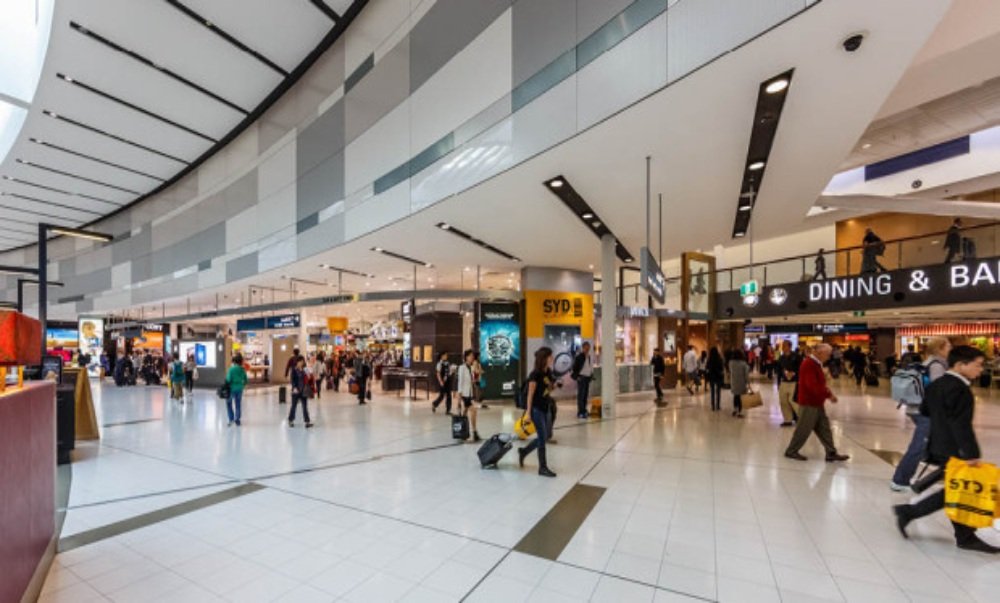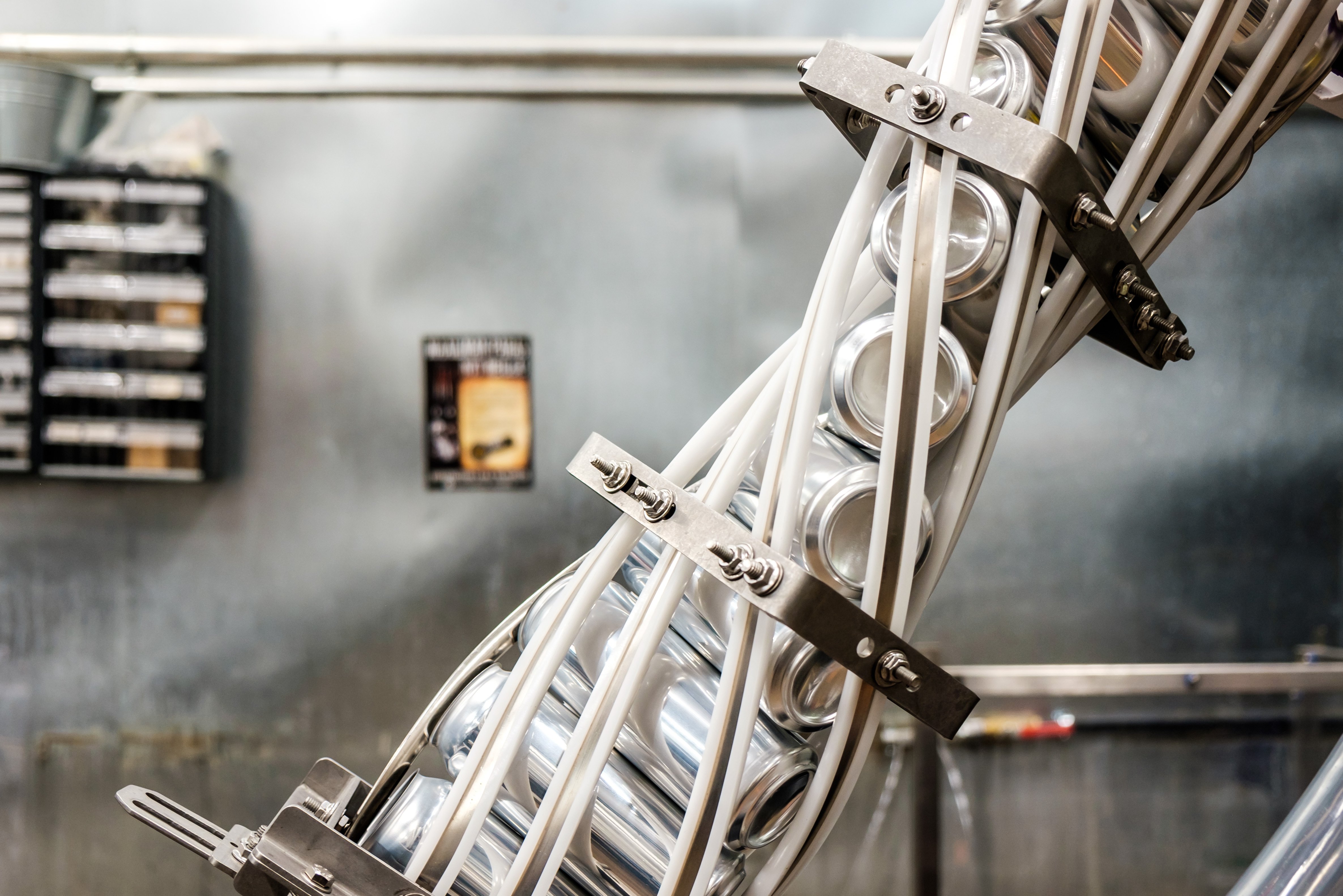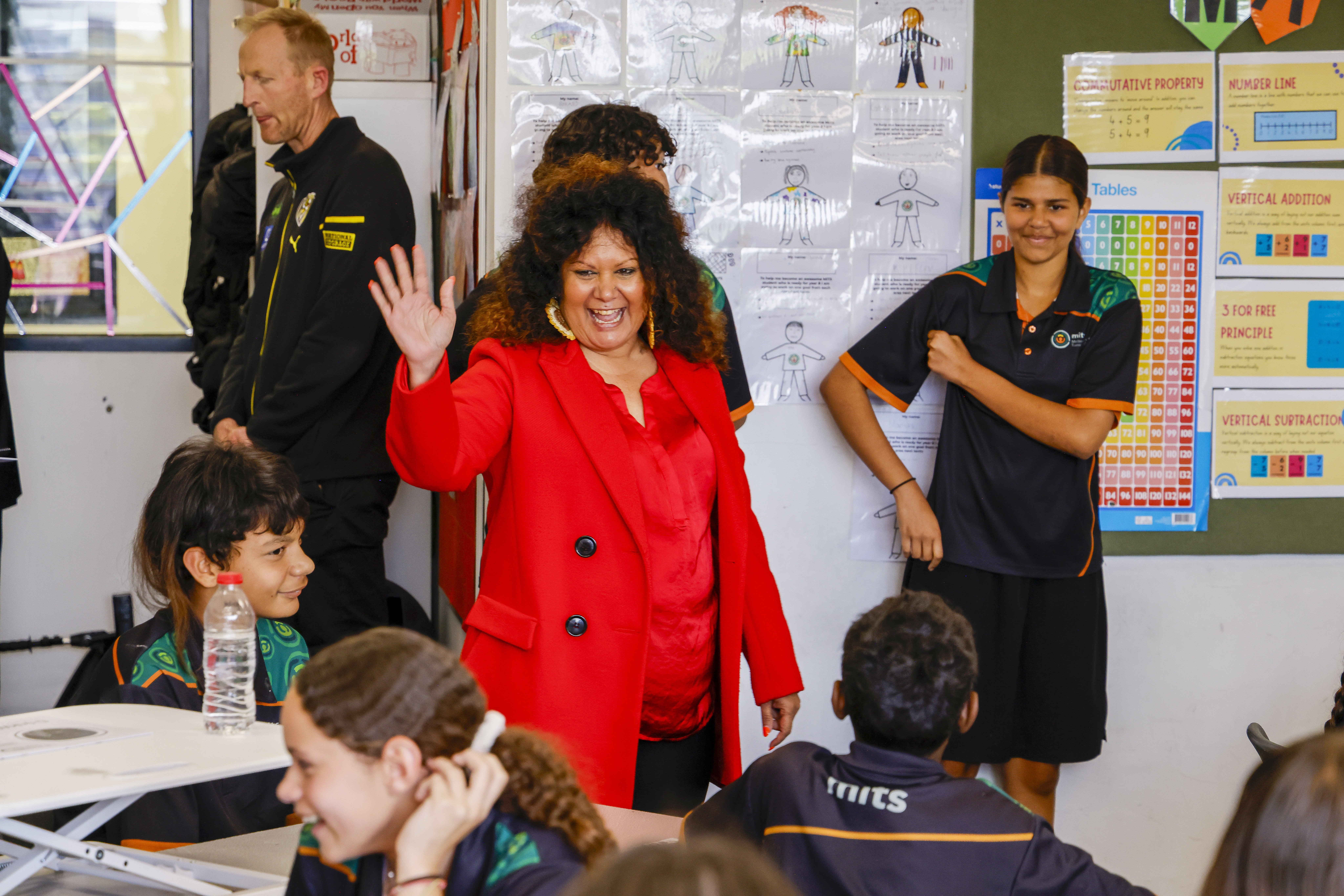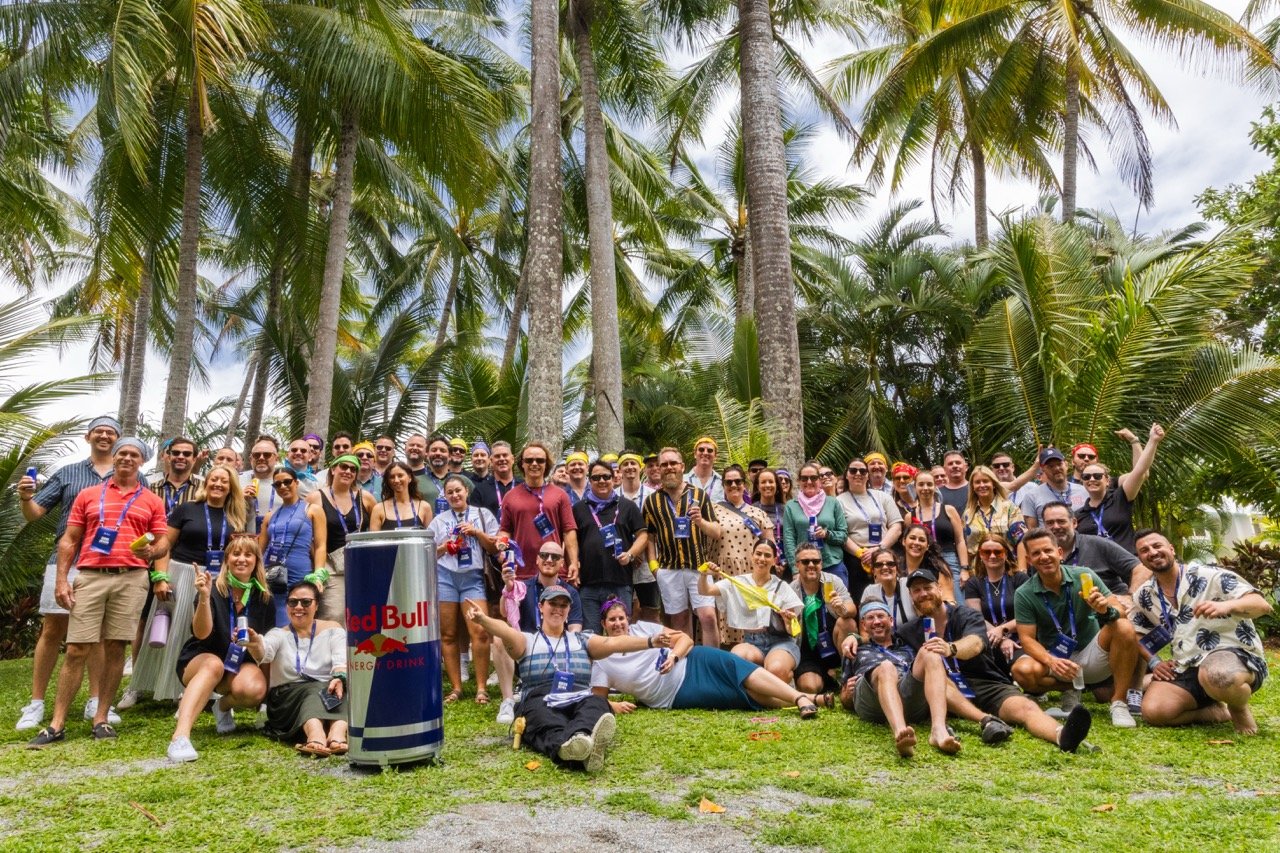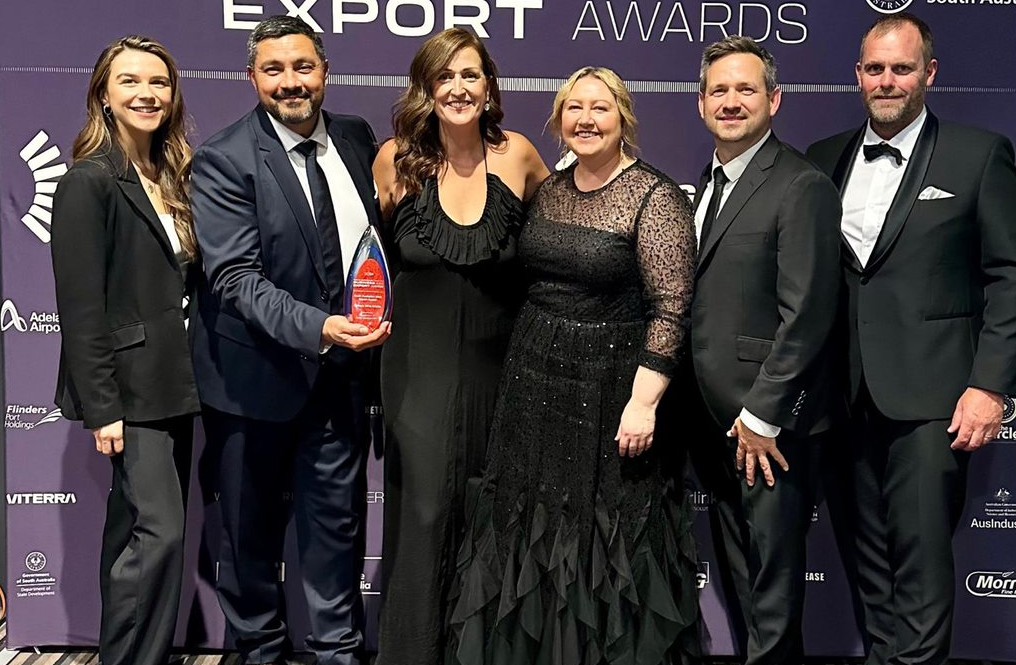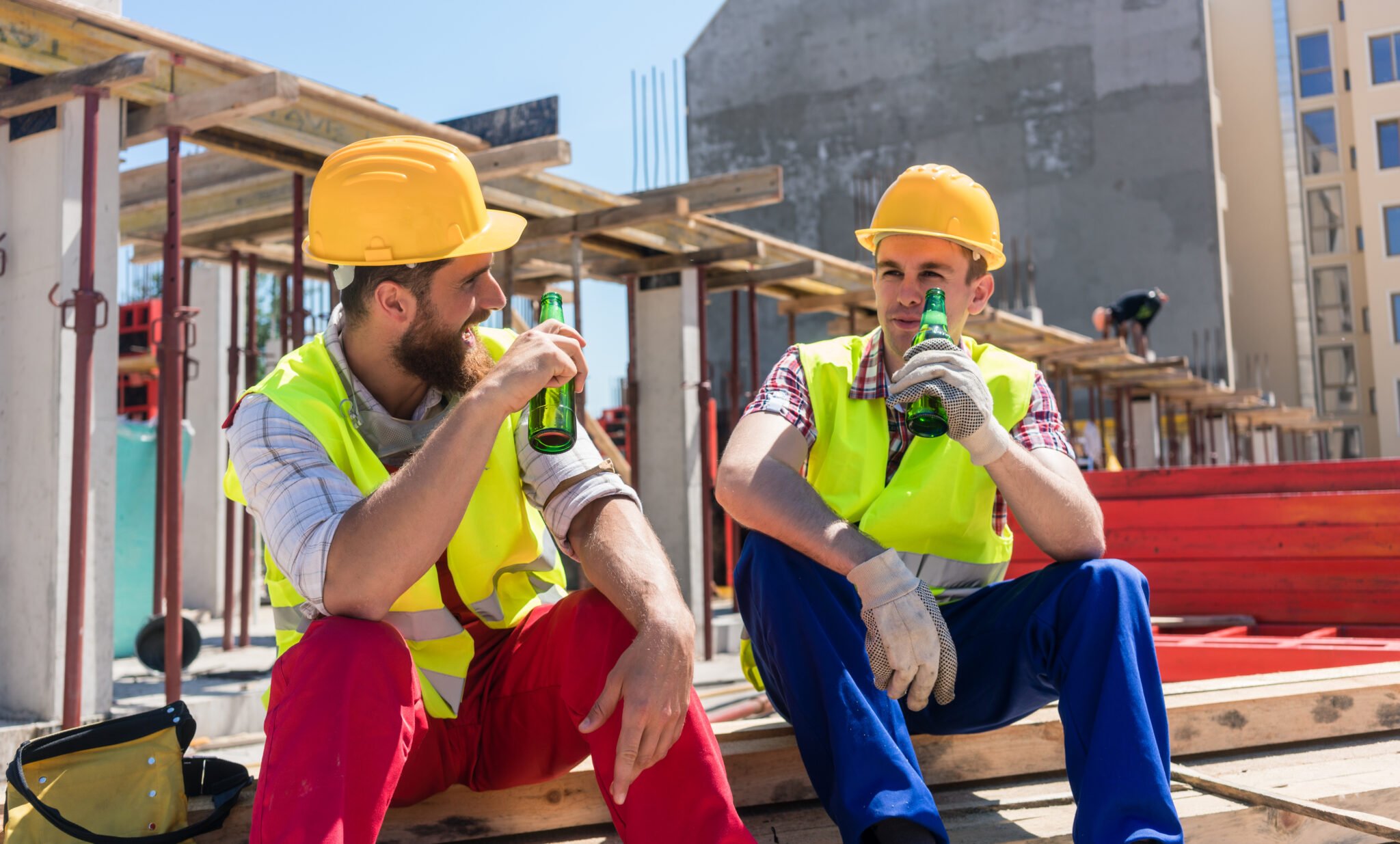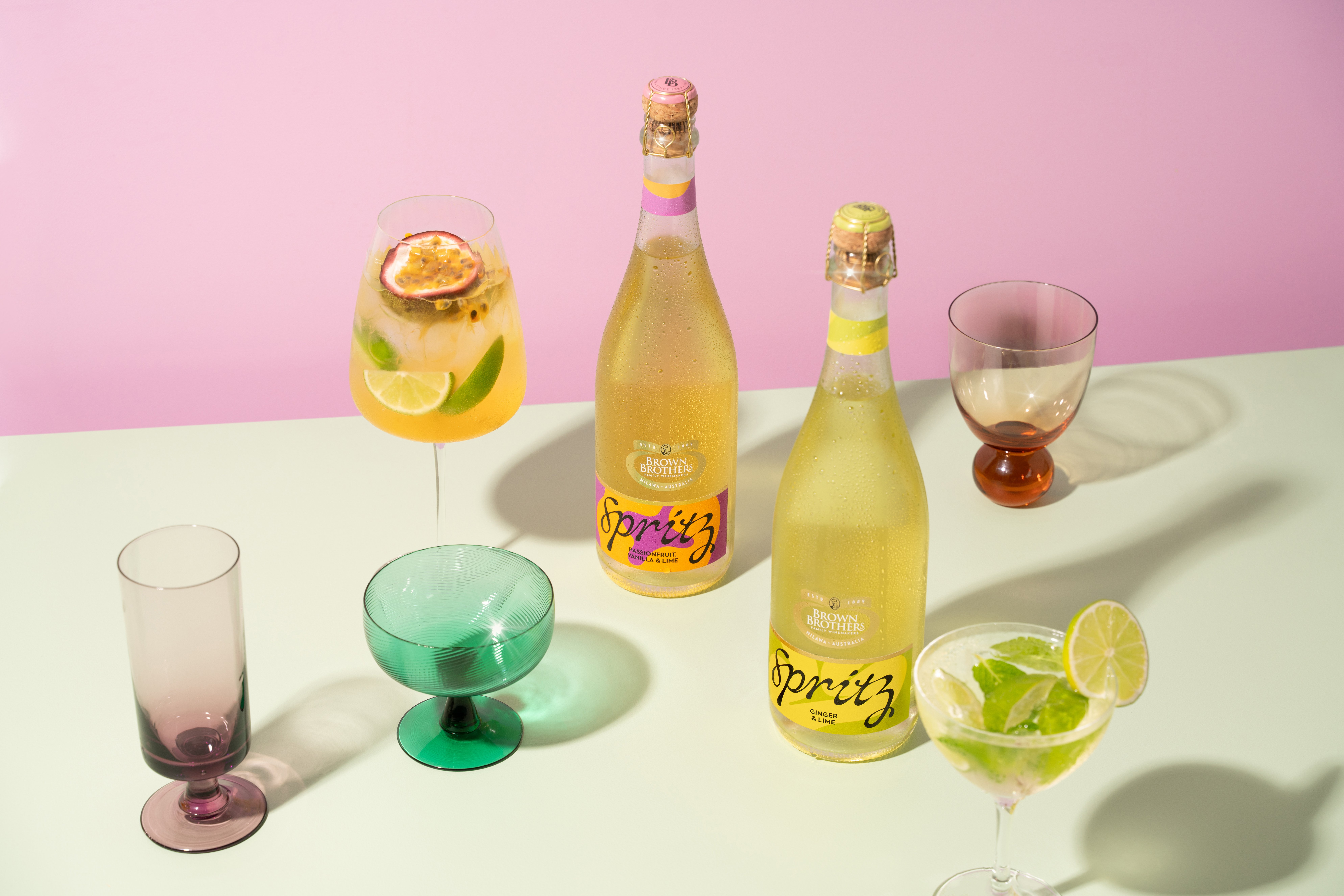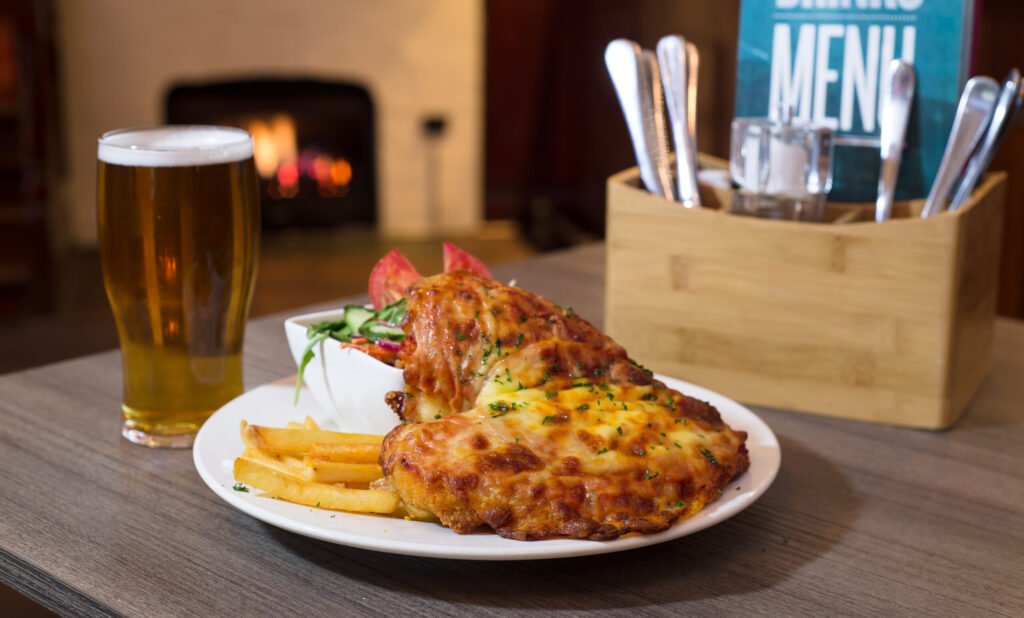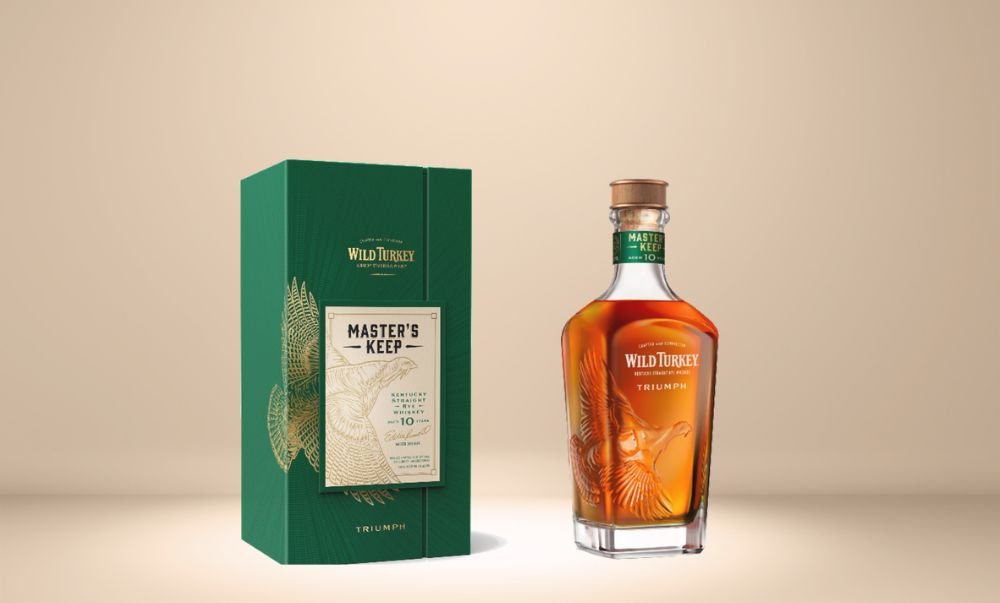Lockdowns, flight groundings, border and airport closures combined with a general hesitancy to travel have all contributed to an unprecedented downturn in travel retail sales in 2020.
In August IWSR Drinks Market Analysis issued a release stating the effects would run deeper and last longer than during the 2008 financial crash.
Mark Meek, CEO of IWSR Drinks Market Analysis said that global travel retail was so severely affected by widespread travel restrictions that the drastic decline it was experiencing was not expected to return to pre-COVID-19 levels before 2024.
“While we’re still assessing the full impact of the current COVID-19 situation, it’s very clear that the pandemic is set to cause a deeper and more long-lasting after-effect to the global drinks industry than anything we’ve experienced before,” Mark Meek stated. “In many ways, 2019 was perhaps the last ‘normal’ year for the drinks industry.”
Big drinks companies posted losses in annual reports pointing at the previously lucrative travel retail channel as a significant factor. Diageo reported its Preliminary results, (year ended 30 June 2020 announced 4 August 2020) that Travel Retail Asia and Middle East, net sales declined by 46%, as first-half declines were further exacerbated by significant traveller declines due to COVID-19. Scotch declined 20%, driven by Johnnie Walker in Travel Retail Asia and Middle East, South East Asia, and Korea.
Family-owned global travel retail group Heinemann recorded a decline of nearly 60 per cent in turnover for the first half of the year. Max Heinemann, Chief Executive Officer at Gebr. Heinemann told Travel Retail Business News in August that the scale of this pandemic was unprecedented and the year incomparable to any in the company’s 140 years in business.
“It is clear that the road to a recovery of the travel market will be very long. We are talking about years, not months, ” he said.
Pernod Ricard reported a 9.5 % organic sales drop, its global travel retail business representing 6 per cent of the company’s total sales in double-digit decline in significant markets.
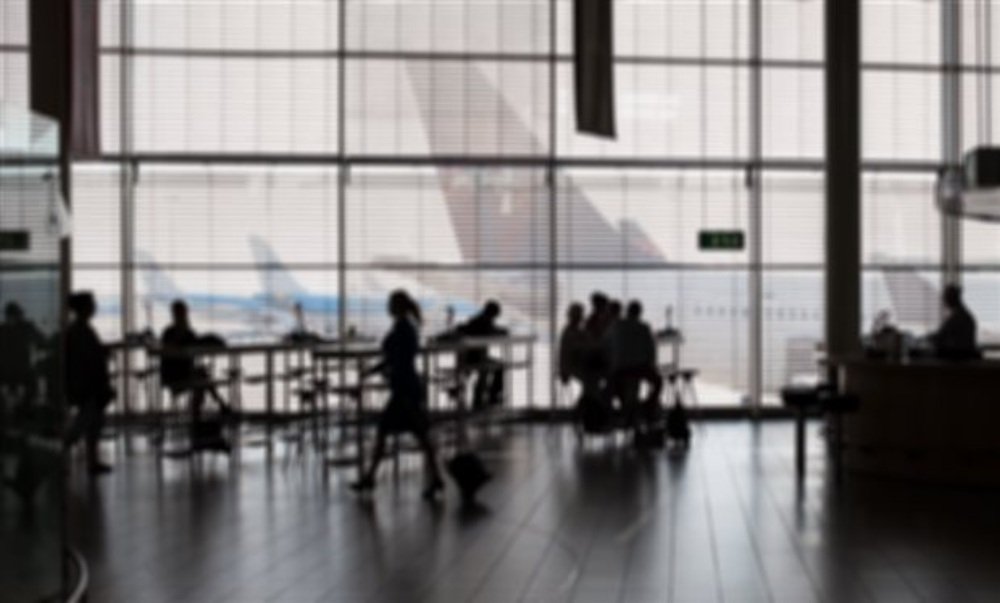
Alexandre Ricard, Chairman and Chief Executive Officer, Pernod Ricard stated the company anticipated a prolonged downturn in Travel Retail but resilience of the Off-trade in the USA and Europe and sequential improvement in China, India and the On-trade globally. He concluded positively with “thanks to our solid fundamentals, our teams and our brand portfolio, I am confident that Pernod Ricard will emerge from this crisis stronger.”
Becky Holliday, Marketing Manager, Pacific Travel Retail at Pernod Ricard said they had no significant sales since March and the situation was pretty awful. A conservative prediction is passenger levels will be down in 2021 to 50 to 70 per cent of 2019 levels in the Pacific market.
Ms Holliday said she was optimistic however that travel retail sales would experience a rebound fairly quickly once borders reopen. “We believe when people can travel they will travel,” Ms Holliday said.
The situation in Australia is many travel retail outlets are closed either because operating costs do not justify custom or because of border closures. Both Melbourne and Sydney airports will reopen travel retail outlets on Monday, 19 October but with reduced ranging focused on personal, cosmetics and liquor.
The pandemic has forced these outlets to innovate the sales channel and focus on e-commerce and Click & Collect. “Click & Collect has always been available but they haven’t had to make it a priority but now they have to as people are not going to want to be in-store,” Ms Holliday explained. “Plus there are better products and better deals online.”
It begs the question whether the e-commerce platform will be the future of travel retail shopping but Becky Holliday disagrees.
“A lot of duty-free shopping is about the theatre, the Click & Collect will eventually cap out. At the moment we are jumping ahead three years on the e-commerce capabilities. I don’t see that becoming any more than 10 per cent of the channel,” she said referring to when buying behaviours return to normal in a post-COVID-19 world.
Mr Meek also ended the IWSR Drinks Analysis report with a positive note stating, "like many other industries, it’s incredible how a few months of lockdown will result in several years of recovery, but beverage alcohol has proven to be remarkably resilient in previous downturns, and this should be no different.
“A strong focus on innovation, premiumisation, and new routes to market such as e-commerce, are all factors which will help contribute to the industry's rebound and future growth,” he concluded.
Share the content
